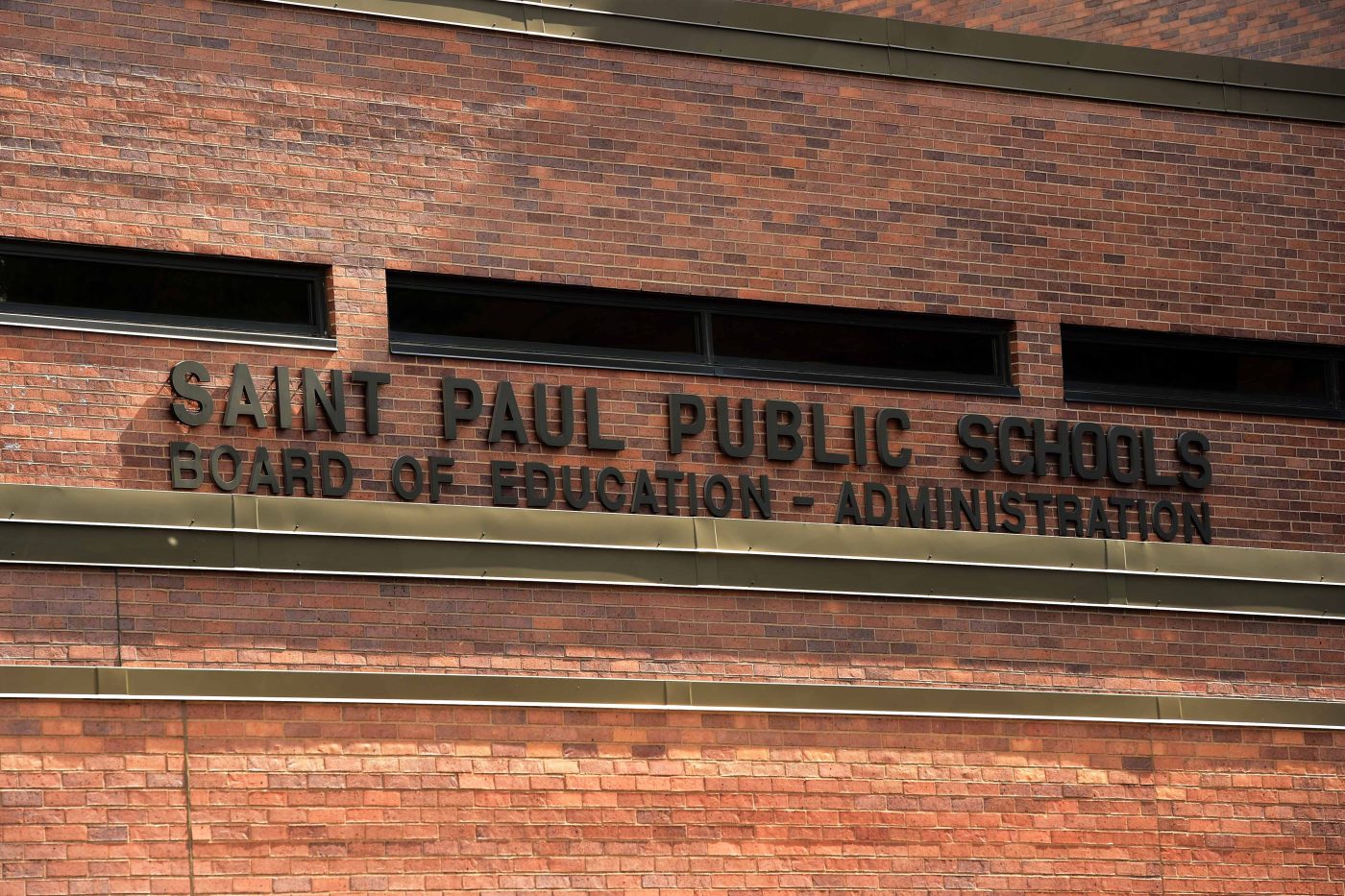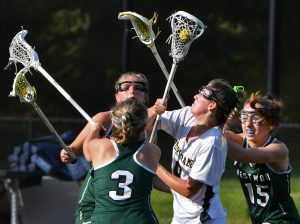
St. Paul schools could pass $1B budget again despite looming revenue shortfalls
St. Paul’s school board could pass a $1 billion budget for the second year in a row, though it will have to spend about $37 million from its general fund reserves in order to do so.
That’s according to St. Paul Public Schools finance chief Tom Sager, who briefed school board members Tuesday as the district works toward setting its next budget, which it will adopt next month.
Another $1 billion budget comes as the district expects to take in significantly less revenue than it did last year due to the expiration of federal pandemic aid. In all, the district plans to spend about $170 million more than it will be taking in – though much of that will be from funds that aren’t directly controlled by school board policy, like the capitol project fund and debt service fund.
Sager said that while his presentation is not a final recommendation, it provides “a clear picture of where this budget is heading.”
St. Paul schools face a more than $100 million shortfall largely driven by the expiration of funding from the federal American Rescue Plan Act and district leaders have been working toward identifying budget cuts for the upcoming year.
Areas for reductions identified so far included cuts to training for teachers aimed at achieving district math and literacy goals and community education.
District leaders notified schools of budget allocations earlier this spring and schools have been working to identify cuts in order to work with budget shortfalls. Already, some schools are looking at eliminating arts and music programs to work with smaller budgets. Special-education interpreters are also facing cuts.
So how is the budget in 10-digit territory once again even after the announcement of a major shortfall?
While other programs are losing money from the general fund — about $114 million due to the expiration of funds from the American Rescue Plan Act — there’s been a boost in construction spending and debt service payments.
Sager said favorable bond sales for previously approved building construction is why there will be more spending on projects.
Construction projects, which are financed from a different source of money than general operating expenses for the district, are set to grow by $89 million, and debt payments, which also come from a separate fund, are expected to grow by close to $10 million.
Those aren’t directly under school board control and aren’t related to cuts to other programs or staff.
During public comment at Tuesday’s meeting, students in arts and music programs asked the board to reconsider reductions in general fund expenses. There’s more time for the school board to review community priorities before it sets its final budget.
St. Paul schools aren’t alone in seeing budget strain. Many districts across the state have budget shortfalls despite a significant bump in state funding for education last year. And that’s despite record state aid delivered in last year’s budget. The district is set to receive more than $56 million in additional ongoing state aid tied to inflation.
More than 70% of Minnesota’s metro school districts expect deficits, according to the Association of Metropolitan School Districts.
The biggest is in St. Paul, which is the state’s second-largest district with about 33,000 students. Minneapolis Public Schools, also among the state’s biggest with about 30,000 students, has a deficit of around $90 million.
Related Articles
Markus Flynn: Beyond Brown — the unfinished journey toward educational equity
‘So much to see right in our back yard’: Longtime St. Paul tour guide leads her last trip
St. Paul schools names John Thein as interim superintendent — again
St. Paul high school 4-year graduation rate drops amid slight statewide decline
Markus Flynn: With a coalition and collective action, we’ll address the scarcity of Black male teachers

